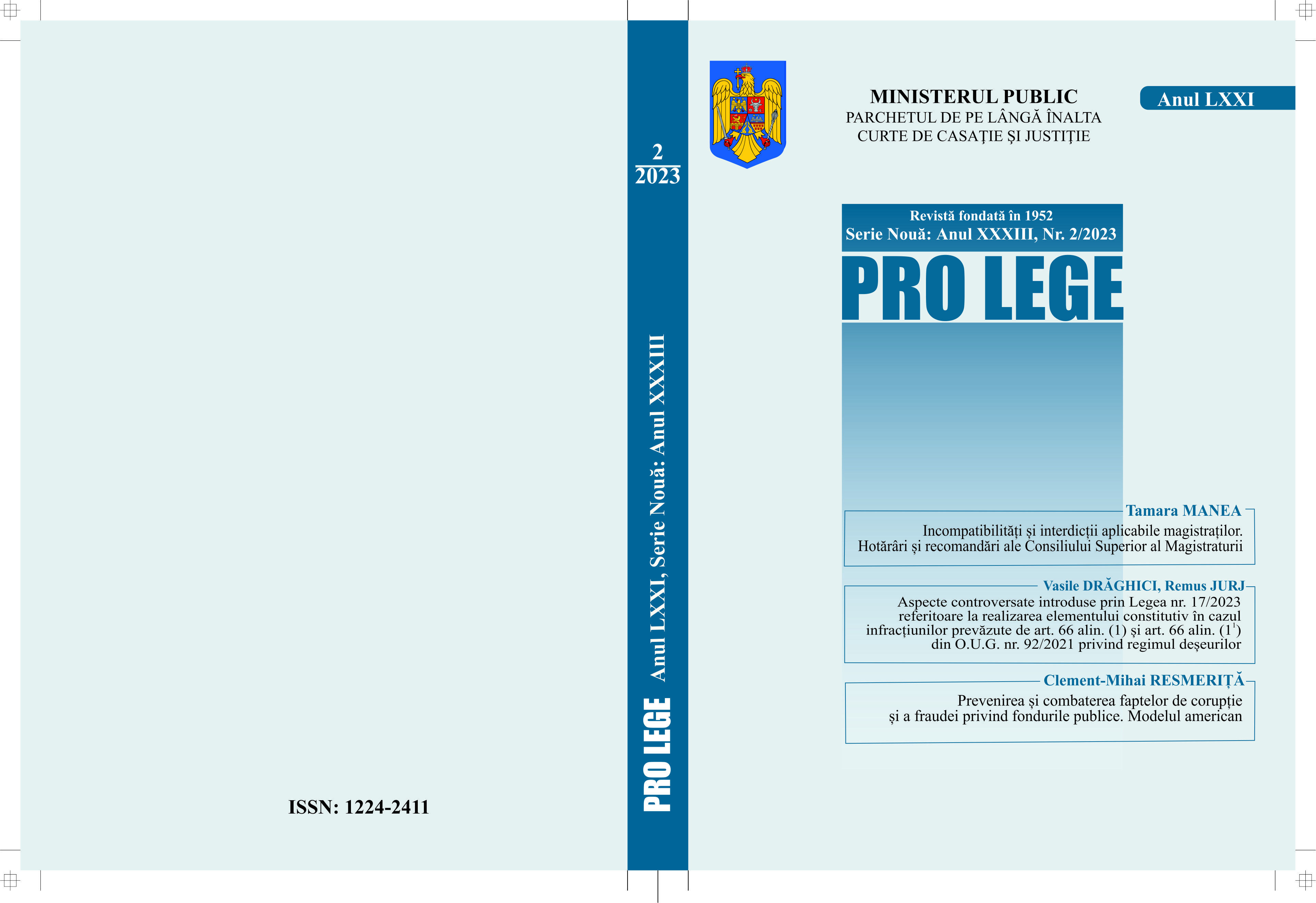Recurs. Cerere pentru acordarea despăgubirilor. Privare nelegală de libertate. Autoritate de lucru judecat. Apel. Limitele devoluțiunii în calea de atac
Appeal. Request for compensation. Unlawful deprivation of liberty. Authority of res judicata. Appeal. Limits of devolution in appeal
Author(s): Antonia-Eleonora Constantin, Oana ChicherneaSubject(s): Law, Constitution, Jurisprudence, Criminal Law, Civil Law, EU-Legislation
Published by: Universul Juridic
Keywords: appeal; call; devolution effect; limits; total devolution; illegal deprivation of liberty; European Arrest Warrant; execution of sentence; refusal to surrender;
Summary/Abstract: 1. According to the provisions of art. 477 para. (2) of the Criminal Procedure Code, devolution will operate with regard to the entire case, when the appeal is not limited to certain solutions in the device or when it tends to annul the decision or if the object of the litigation is indivisible. This unlimited, full devolution of the appeal takes into account, as it results from art. 480 para. (3) of the Criminal Procedure Code, the hypothesis in which the entire trial was settled without entering into the investigation of the merits, and not of the one in the case, in which a part of the claims received an investigation and a judgment on the merits, and part of they were not analyzed, as they had already been the subject of a final decision, endowed with the authority of res judicata. 2. Since the Italian courts applied the provisions of art. 17 of the Framework Decision no. 909/2008 regarding the application of the principle of mutual recognition in the case of judicial decisions in criminal matters that impose penalties or custodial measures for the purpose of their execution in the European Union, establishing the existence of a cause of refusal of surrender to the Romanian authorities and ordered the execution in Italy of the punishment applied to the applicant, his arrest on the territory of the Italian state was not carried out on the basis of the European Arrest Warrant issued by the Romanian State. Therefore, there was no execution act issued by the Romanian authorities that would have been the basis of the illegal deprivation of liberty of the applicant, while, by refusing to hand him over to the judicial authorities in Romania, the responsibility for the execution of the sentence was transferred to the Italian state.
Journal: Revista Pro Lege
- Issue Year: 2023
- Issue No: 2
- Page Range: 106-114
- Page Count: 9
- Language: Romanian

